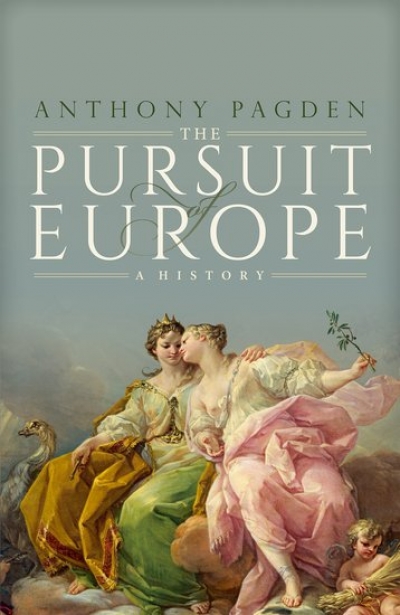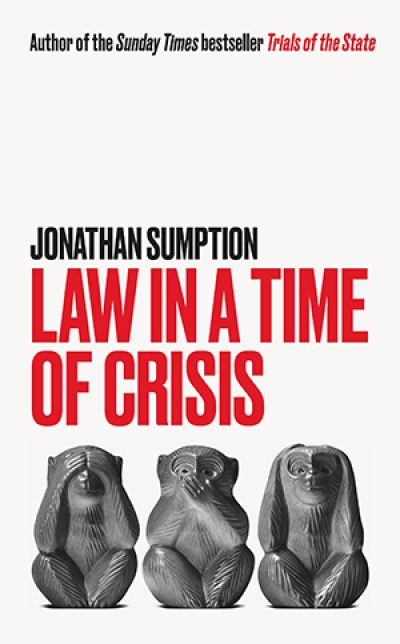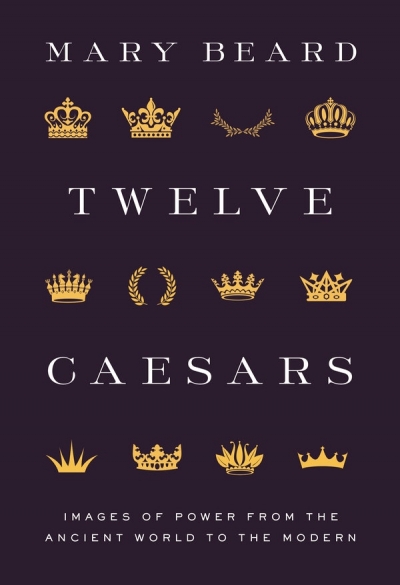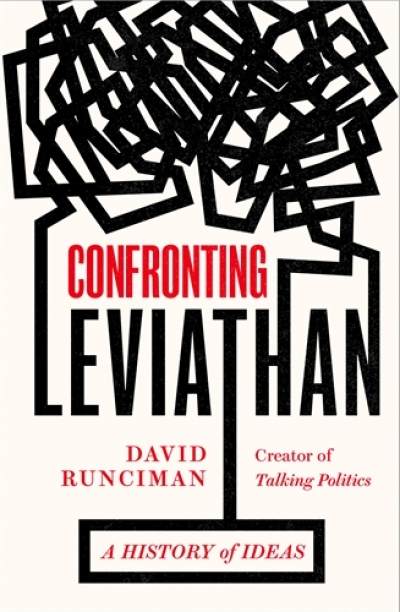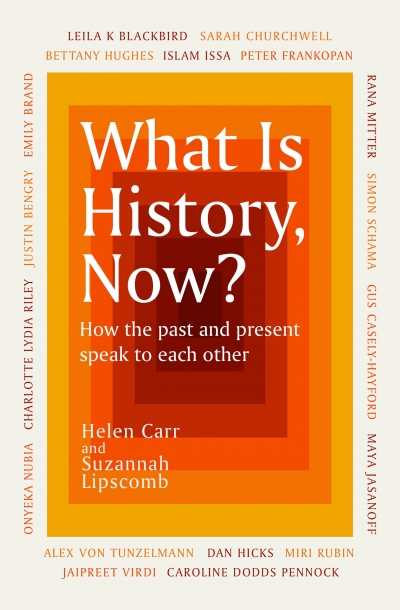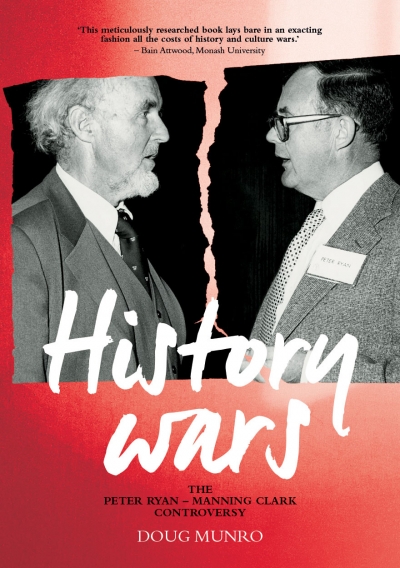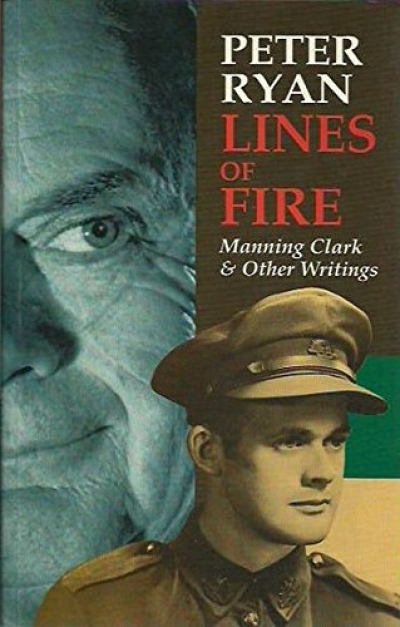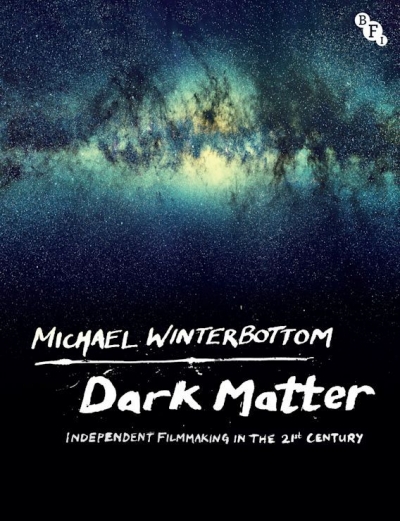History
Histories of the origins of the idea of ‘Europe’ have probed the legacies of the Roman Empire, the concept of western Christendom, and the power of the ‘republic of letters’ in the dissemination of ‘Enlightenment’ ideas, culminating in the cosmopolitanism of the early years of the French Revolution. Anthony Pagden is well aware of this heritage but has decided to begin his own study with Napoleon. It seems a strange choice, since the emperor’s European dream was always of a French imperium, whatever the toll in lives; but it does serve to highlight the later triumph of the European Union in securing continental peace.
... (read more)When World War II began, a defence regulation was issued in Great Britain that enabled the home secretary to imprison anyone who they reasonably believed had hostile associations. One such interned individual, Robert Liversidge, objected to his detention and challenged the validity of the home secretary’s decision. In the subsequent case, Liversidge v Anderson, the House of Lords adopted a deferential approach, holding that in a time of war it was inappropriate for the courts to subject the home secretary’s decision making to much scrutiny. But in a thundering dissent, Brisbane-born Lord James ‘Dick’ Atkin disagreed. ‘In England, amid the clash of arms, the laws are not silent,’ he wrote. ‘They may be changed, but they speak the same language in war as in peace.’
... (read more)Landslide by Michael Wolff & Peril by Bob Woodward and Robert Costa
The Trump presidency (2017–21) has generated more books across its four years than most presidencies have across eight. It is ironic that an avowedly anti-intellectual president, who advertises his dislike of reading, has had such a profound impact on political literature. These two books – Landslide and Peril – will likely remain the most read of that growing collection. As their titles suggest, each is a chronicle of the chaos that consumed the United States during and after the 2020 election campaign.
... (read more)We know exactly when the first image of a Roman emperor arrived in Australia. It came as part of the goods on board the ill-fated Batavia, which ran aground off the west coast of Australia on 4 June 1629. This shipwreck went down in infamy following the mutiny of a group of the survivors and the subsequent murder of, at least, 110 men, women, and children. Eventually, the survivors were rescued and the horror of the actions of the mutineers was revealed.
... (read more)Confronting Leviathan: A history of ideas by David Runciman
In ‘that great LEVIATHAN called a COMMON-WEALTH, or STATE’, wrote Thomas Hobbes, ‘Soveraignty is an Artificiall Soul … giving life and motion to the whole body’. This ‘Artificiall man’ was to ensure ‘the peoples safety’, and the means at its disposal were limitless. The sovereign was ‘not subject to the Civill Lawes’ and could abrogate any ‘Lawes that trouble him’. Leviathan was published in 1651, written by Hobbes while exiled in France after fleeing the English Civil Wars. The Wars had already produced almost 200,000 deaths, including that of Charles I, beheaded in 1649 following a conviction of treason by Parliament.
... (read more)What Is History, Now?: How the past and present speak to each other edited by Helen Carr and Suzannah Lipscomb
In early 1961, historian Edward Hallett Carr (1892–1982) delivered a series of lectures on his craft. The resulting book, What Is History?, was a provocation to his peers and a caution against positivist views of the past. He urged the reader to ‘study the historian before you begin to study the facts’. He illuminated the subjectivities of the historical process, from the moment a ‘fact’ occurs to when it is called as such, through the endurances and erasures of archival selection to the silences created by the historian’s narrative choices. The most famous passages are Carr’s maritime metaphors, in which he likens ‘facts’ to ‘fish swimming in a vast and sometimes inaccessible ocean’. What the historian will catch depends on the kind of facts she wants, and once they reach the fishmonger’s slab, she will cook and serve them ‘in whatever style appeals’. ‘History,’ Carr concluded, ‘means interpretation.’
... (read more)History Wars: The Peter Ryan–Manning Clark controversy by Doug Munro
It was one of the most notorious episodes in the annals of Australian publishing. In September 1993, writing in Quadrant, Peter Ryan, the former director of Melbourne University Press (1962–87), publicly disowned Manning Clark’s six-volume A History of Australia. Clark had been dead for barely sixteen months. For scandalous copy and gossip-laden controversy, there was nothing to equal it, particularly when Ryan’s bombshell was dropped into a culture that was already polarised after more than a decade of the History Wars.
... (read more)Lines of Fire: Manning Clark and Other Writings by Peter Ryan
This collection of Peter Ryan’s writings, Lines of Fire, is no grab-bag of oddments. The pieces included here are given an impressive unity by the author’s imposition of his presence, by his trenchancy, elegance of expression, a desire to honour the men and women of his younger days and to excoriate a present Australia in which too many people wallow in ‘an unwholesome masochistic guilt’. The finely designed cover shows a wry, ageing, wrinkled Ryan smiling benignly over his own shoulder, or rather that of his younger self, in uniform, in late teenage, during the Second World War. What happened in between is richly revealed in the elements of Lines of Fire.
... (read more)While there are several biographies of Ivan Turgenev, and one or two specialised studies of his works available in English, there is only one comprehensive attempt at interpretation and criticism –Richard Freeborn’s Turgenev: The novelist’s novelist. The A.N.U. Press’s publication of Robert Dessaix’s doctoral dissertation is a valuable addition to a scanty field, especially as there is very little overlap between the two critical works. This is all the more surprising when one realizes that both are more heavily weighted in the pan of philosophical exegesis than in that of strictly defined literary criticism. Freeborn’s book contains a chapter on style, which Dessaix’s does not, but both authors are mainly concerned to study the major novels in the light of differing but related perceptions of Turgenev’s spiritual development.
... (read more)Dark Matter: Independent filmmaking in the 21st century by Michael Winterbottom
Stanley Kubrick’s Napoleon is perhaps the best-known film never made. But what about others that never happened? What might a closer look at these reveal about the state of filmmaking? Such unmade films constitute the ‘dark matter’ of British director Michael Winterbottom’s book Dark Matter: Independent filmmaking in the 21st century. The invisible dark matter of the cosmos shapes our universe; without it many galaxies would fly apart. For Winterbottom, an examination of cinematic dark matter ‘might help to explain the wider landscape of British independent cinema’ this century.
... (read more)
